As the name implies, land law is focused on the rules and governance of land including ownership, land use, boundaries, and access. The House of Commons Library elaborates on these primary interests, stating that, “there can also be less obvious third-party interests, for instance: covenants, easements, minor and overriding interests. In respect of any one property, these different interests can co-exist and interact.” Issues that arise in land law often involve:
- Tracing the ownership of registered and unregistered land
- Resolving boundary disputes
- Enforcing or discharging restrictive covenants on freehold land
- Understanding private rights of way
What are the sources of land law?
Ownership of land came out of the feudal system which was established by William the Conqueror in the 11th Century. This may seem like a long time ago, but much of current land ownership in England can be charted back to the events following 1066, when the land was divided amongst gentry. For example, the Grosvenor family, which owns a large proportion of some of the most valuable real estate in London, arrived with William the Conqueror. Originally the family only owned land in Cheshire, but it was Sir Thomas Grosvenor’s marriage in 1677 to Mary Davies that changed that. Mary had inherited the “swampy meads” which became Mayfair, Park Lane, and Belgravia and so they became part of the Grosvenor Estate (Thomas Grosvenor is an ancestor of the Duke of Westminster).
Incidentally, it wasn’t until 1870 that the Married Women’s Property Act was passed, which treated any money that a woman earned as her own property. This law was then extended in 1882 to include inheritance or ownership of a piece of land as property, and not exclusively chattels, such as jewellery or furniture (chattels can also be attached to a piece of land and are then called fixtures). The Law of Property Act 1922 enabled husband or wife to inherit each other’s property, but it wasn’t until 1926 that legislation was passed that permitted women to own land and dispose of property on the same terms as men.
The content of English land law relates to property rights that have been derived from the old courts of common law, equity, and the registration system. For this reason, much of the language around land law is relatively archaic and requires knowledge of the vocabulary. Key legislation that has been built upon these ancient principles includes the Law of Property Act 1925, the Settled Land Act 1925, the Land Charges Act 1972, the Trusts of Land and Appointment of Trustees Act 1996, and the Land Registration Act 2002.
Surprisingly, approximately 15% of land in England and Wales remains unregistered. Although The Land Registry came into being in 1862, it wasn’t until 1990 that compulsory registration came into force across the whole of England and Wales. Solicitors charge more for unregistered title conveyances because it requires the searching through of old deeds.
What are the basic laws of the land?
“Law of the land” as a phrase primarily refers to all of the laws enforced within a country. It comes from the Latin lex terrae and was used in the Magna Carta (1215). It is also a phrase used in the United States Constitution of 1787. The fundamental law of the land in its entirety is indeed a constitution.
When we’re referring to laws to do with land usage and ownership, the term that is used is land law. This sector of law is fairly complex and so cannot be boiled down to basics or explained without going into detail.
What is the difference between property law and land law?
Also known by the name law of real property, land law is principally concerned with acquiring or protecting land, and settling disputes or conflict around people’s rights, both legal and equitable, in land. The European Convention on Human Rights was brought into English law by the Human Rights Act 1998. This means that governments cannot take property away from lawful owners for public use – relevant at any point in time, but particularly so during times of war or conflict.
The highest possible form of ownership in land law is known as a fee simple absolute. This means that there are no limitations on land use and the property is real property held without any time limit, so permanently, making it freehold not leasehold.
Property law is referred to as real estate law in some quarters. It deals with residential and commercial property and related transactions, as well as specialist areas including property finance, mortgage lending, and social housing. Property law is concerned with tenancies, leases or licences, easements, mortgages, and adverse possessions, however, it overlaps with land law on matters of transfer of land, ownership of land, and disputes over land.
The five basic principles of property law are:
- The right of possession
- The right of control
- The right of exclusion
- The right to derive income
- The right of disposition
What is the right to roam?
Sometimes referred to as freedom to roam, right of public access to the wilderness, or everyman’s right, the right to roam allows the general public access to privately owned land, lakes, and rivers for reasons of recreation and exercise. However, over 92% of England’s land is privately owned, so not available to access, and 97% of rivers are inaccessible to the public. This includes many green, open spaces that could benefit people’s mental and physical health.
During the lockdowns of 2020 and 2021, more people were visiting sites of interest such as national parks and common land, for example, land under the stewardship of the National Trust. It became apparent then that not much of the land in England is available for all. But also that many were littering or misusing the land that they could access. It brought up issues of how we treat the land, with some arguing that without true access, it is difficult for the public to appreciate the land and so care for it accordingly.
In 2021, Chris Packham campaigned for the 615,000-acre portfolio of real estate belonging to the royal family, known as the crown estate, to be rewilded. This proposal for a change of land use would include Balmoral and Sandringham, and although discussions with the crown estate have been positive, they are ongoing. This question of land use in relation to environmentalism is set to become more prevalent with the introduction of laws that give living entities, which support the ecosystem, the same rights as human beings.
Specialise your knowledge with an LLM Master of Laws
Gain advanced knowledge and specialise in an area of interest with the University of Sunderland’s 100% online LLM. With a Master of Laws, you can focus your learning on an area of specialism such as land law, employment law, European law, or business law, amongst other options. Non-law graduates can also join this course and achieve a master’s while they continue to work and forge a new career. Find out more about this challenging but rewarding area of study today, and you could be part of our next cohort of students from around the world.






